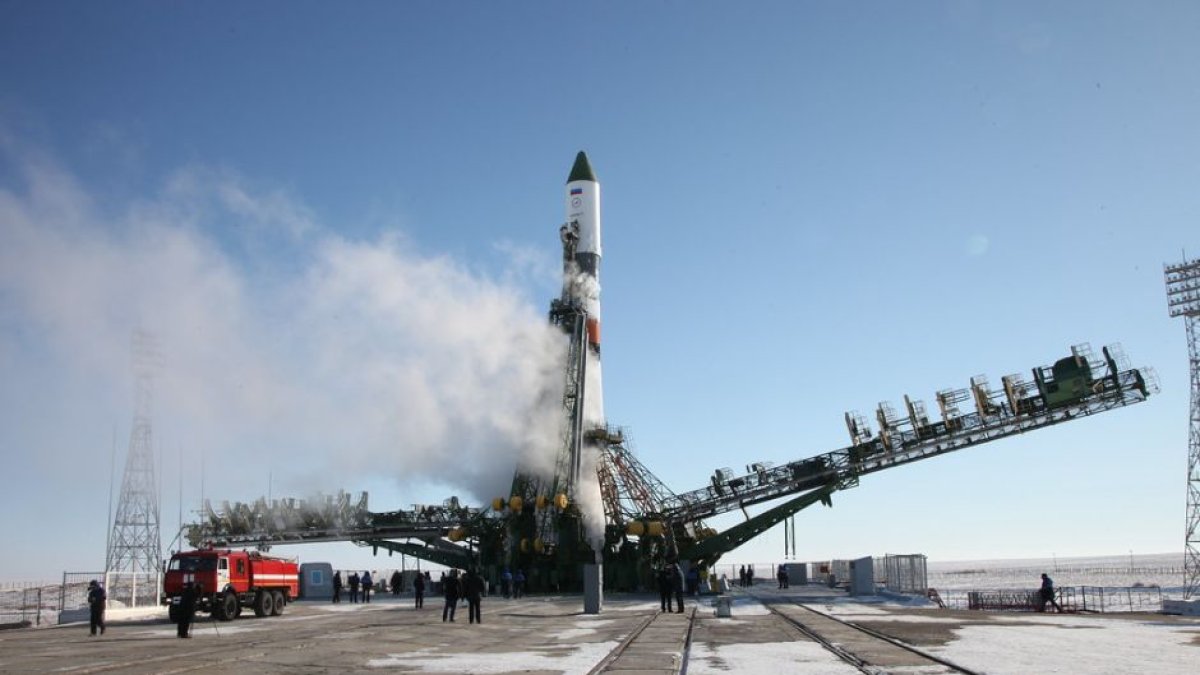North Korea launches 20 missiles into the South, fueling tensions
The South Korean president condemned that the new launch reached his territory and announced an immediate response.

Flickr.
Tension between North and South Korea continues to rise. Earlier on Wednesday, as reported by Reuters, North Korea launched a total of 23 missiles. One of them landed very close to South Korean waters. South Korean President Yoon Suk-yeol condemned the attack:
The launching of the missiles was gradual. First, the South Korean military announced that North Korea had launched 10 missiles. A few hours later, they reported that an additional 13 other missiles had been launched.
In addition, according to Infobae, North Korea has reportedly fired hundreds of artillery shells into a maritime border area. South Korea sent out an air raid alert on the island of Ulleungdo, located in the east of the country and asked its inhabitants to seek refuge in the bunkers available underground. It is the first time a ballistic missile has landed so close to the South Korean coast since 1953, when the peninsula was split in two.
According to analysts, both the missiles and the firing represent a "very aggressive and threatening" North Korean response to all the military practices that the United States and South Korea engage in on a regular basis.
In response to these attacks, as detailed in Infobae, the South Korean armed forces fired three precision air-to-ground missiles from F-15 and F-16 fighters "into open sea waters.” Specifically, these missiles were fired near the area where the North Korean missile that triggered all the alerts had landed.
White House accuses North Korea of providing projectiles to Russia
On the other hand, according to Reuters, the Biden administration accused North Korea of sending projectiles to Russia to fuel the conflict with Ukraine. According to John Kirby, White House security spokesman, the federal administration has information that confirms this:
The missiles, Reuters reports, are reportedly being diverted to countries in the Middle East and North Africa as an attempt to prevent their final destination, Russia, from being discovered.

























